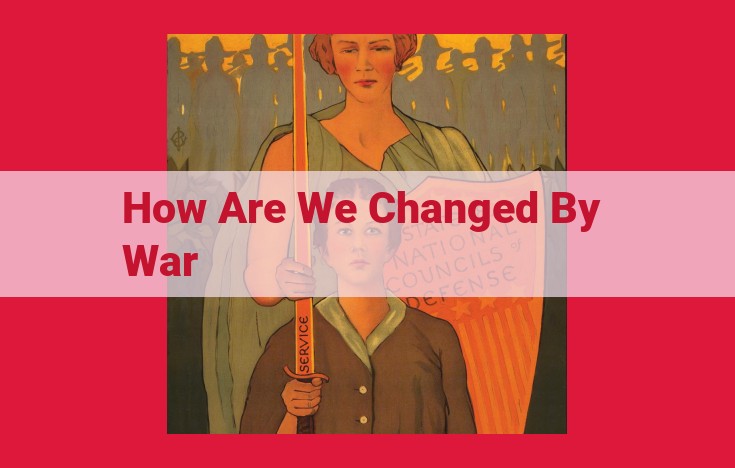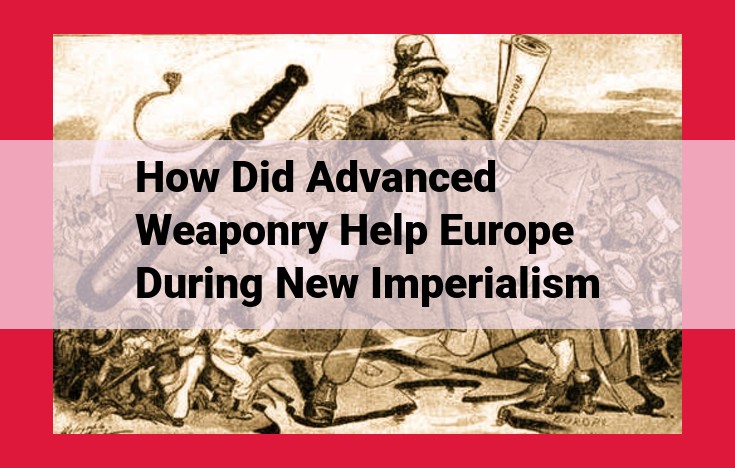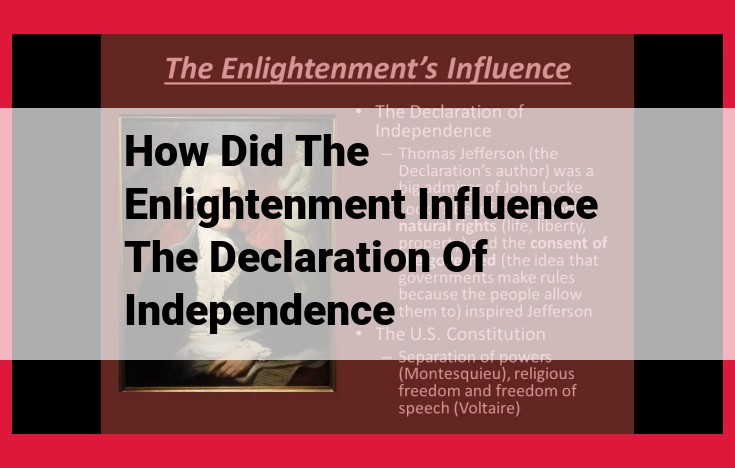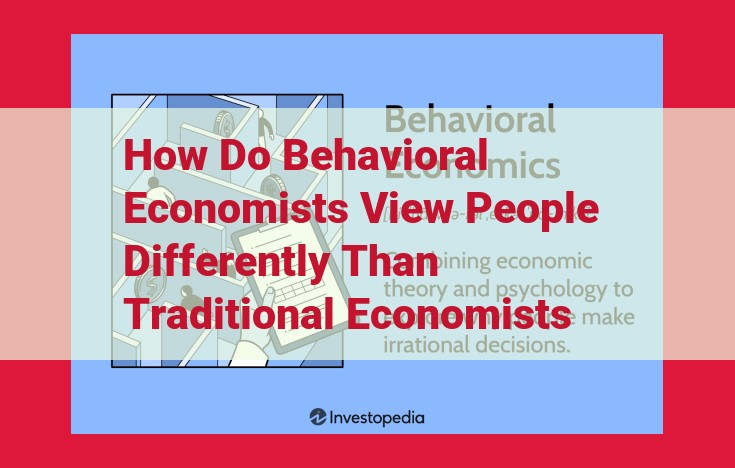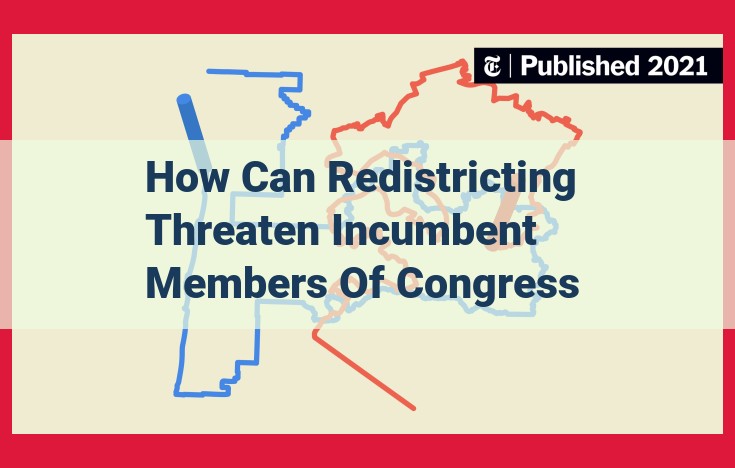War leaves an indelible mark on individuals, communities, and societies alike. It inflicts physical, psychological, and emotional trauma, disrupts families and communities, and strains social institutions. Post-traumatic stress, anxiety, depression, and chronic pain often haunt veterans and civilians long after the conflict ends. Cultural values and beliefs are transformed, with militarism or anti-war sentiment shaping societal attitudes. The economic burden of war, both during and after the conflict, takes a toll on national budgets and individual livelihoods. Political systems and international relations are reshaped, and ethical dilemmas surrounding war crimes and civilian casualties challenge our moral perspectives.
The Profound Impacts of War: The Individual Toll
War leaves an indelible mark on individuals, forever altering their lives. Soldiers, innocent civilians, veterans, and victims bear the crushing weight of conflict. The physical and psychological wounds inflicted by war can haunt them for decades.
Physical Wounds:
The horrors of war manifest in gruesome physical injuries. Amputations, burns, and other debilitating wounds leave survivors with a constant reminder of the conflict. These injuries can bring chronic pain, disabilities, and a lifetime of medical care. Not only do physical wounds impair mobility and independence, but they can also rob individuals of their sense of self.
Psychological Trauma:
War inflicts deep psychological scars. Post-traumatic stress disorder (PTSD), depression, and anxiety plague veterans and civilians alike. Survivors may experience nightmares, flashbacks, and an inability to cope with everyday life. The emotional turmoil of war can shatter relationships, undermine trust, and leave individuals feeling lost and isolated.
Moral Injury:
Beyond physical and psychological wounds, war can also inflict moral injury. This occurs when individuals witness or participate in acts that violate their core values. Moral injury can lead to feelings of guilt, shame, and a profound sense of betrayal. The wounds of moral injury can be as debilitating as physical or psychological wounds, leaving lasting scars on the soul.
War’s toll on individuals is immeasurable. It destroys lives, shatters families, and robs people of their dignity and humanity. The scars of war may never fully heal, but acknowledging and understanding their impact is essential for healing, reconciliation, and preventing future conflicts.
Community Disruption: The Devastating Ripple Effects of War
War, a cruel and unforgiving force, leaves an indelible mark not only on individuals but also on entire communities. It penetrates the very fabric of society, tearing families apart, shattering social bonds, and displacing countless lives.
The absence of loved ones sent to the frontlines casts a long shadow over families. Wives and husbands are left alone to shoulder the burdens of raising children and managing households. Children grow up without the guidance and support of their absent parents, and the emotional void created can linger for years to come.
War also dissolves the social bonds that once held communities together. Neighbors and friends turn against each other, divided by political allegiances or the horrors they have witnessed. Trust erodes as suspicion and fear take root, leaving behind a fractured and fragmented society.
The consequences of war extend beyond the battlefield to the very foundations of our homes. Thousands are forcibly removed from their homes, becoming displaced persons in their own land or seeking refuge in foreign nations. Uprooted from their familiar surroundings, these individuals face the challenges of rebuilding their lives in unfamiliar and often hostile environments.
The community disruption caused by war is a profound and lasting legacy of conflict. It tears families apart, shatters social bonds, and displaces countless lives. The emotional scars and the challenges of rebuilding shattered communities can linger for generations to come.
Social Institution Strain: The Burden of War
War casts a heavy shadow over societies, straining the very institutions that provide stability and support. Governments, militaries, and healthcare systems buckle under the weight of conflict.
Government: Ethical Quagmires and Resource Allocation
Wars demand tremendous resources that often strain governments’ budgets. The need for weapons, troop deployments, and humanitarian aid diverts funds from vital social programs, such as education and healthcare. Governments grapple with ethical dilemmas as they navigate complex decisions about deploying troops and allocating scarce resources.
Militaries: Moral Burdens and Relentless Demands
Militaries bear the brunt of war’s physical and psychological toll. Soldiers are thrust into life-or-death situations, testing their limits and facing moral dilemmas. The strain of combat can lead to trauma, burnout, and long-term struggles with mental health.
Healthcare Systems: Overwhelmed and Inadequate
Wartime emergencies overwhelm healthcare systems. Mass casualties strain hospitals and medical resources. Healthcare workers face shortages of supplies, lack of equipment, and an influx of patients with severe injuries. The long-term care of war veterans also places a heavy burden on healthcare infrastructure.
Resource Allocation: Competing Priorities, Ethical Trade-offs
The allocation of resources during war is a constant battle. Governments must balance military spending with the need for humanitarian aid, healthcare, and infrastructure. Ethical considerations arise as resources are diverted from civilian needs to support the war effort.
Political Tensions: Conflict Within and Between Nations
War exacerbates political tensions. Internal divisions deepen as citizens clash over the conflict’s legitimacy and the allocation of resources. International relations suffer as countries take sides, fueling tensions and risking wider conflict.
Post-conflict reconstruction and reconciliation present formidable challenges. Governments must grapple with rebuilding shattered societies, restoring trust, and healing the wounds of war. The task of social institution strain remains daunting, as communities and individuals strive to rebuild their lives in the wake of conflict.
Psychological Scars: The Unseen Wounds of War
War leaves its mark not only on battlefields but also deep within the minds and souls of those who experience its horrors. The psychological scars of war are often invisible, yet they can be just as devastating as physical wounds.
Post-Traumatic Stress Disorder (PTSD)
PTSD is a debilitating mental health condition that can develop after exposure to a traumatic event, such as war. Symptoms of PTSD can include flashbacks, nightmares, intrusive thoughts, avoidance, and hypervigilance. These symptoms can make it difficult for veterans and civilians to function in everyday life, causing problems with relationships, work, and mental health.
Depression and Anxiety
War can also lead to depression and anxiety. These conditions can manifest in a variety of ways, including persistent sadness, loss of interest in activities, difficulty concentrating, and excessive worry. Depression and anxiety can interfere with sleep, appetite, and overall well-being, making it difficult for individuals to cope with the challenges of daily life.
Moral Injury
Moral injury is a unique type of psychological wound that can occur when individuals witness or participate in acts that violate their moral beliefs. This can lead to feelings of guilt, shame, and self-loathing. Moral injury can be particularly devastating for veterans, who may struggle to reconcile their actions with their values and expectations.
Prevalence and Long-Term Effects
PTSD, depression, anxiety, and moral injury are common among war veterans and civilians exposed to violence. Studies have shown that up to 30% of veterans experience PTSD, while rates of depression and anxiety are also significantly elevated. These conditions can have long-term effects, including difficulties with relationships, employment, and overall health.
Seeking Help
If you or someone you know is struggling with the psychological effects of war, it is imperative to seek help. There are a variety of treatments available, including therapy, medication, and support groups. With the right treatment and support, individuals can recover from the psychological scars of war and live fulfilling lives.
Physical Wounds: A Gruesome Toll of War
War’s relentless grip leaves an indelible mark on the bodies of its victims, inflicting injuries that stretch far beyond visible scars. From shattered bones to pulverized limbs, the battlefield morphs into a surgeon’s nightmare. The intense explosions and vicious gunfire leave soldiers and civilians alike with life-altering wounds, their gruesome aftermath a haunting testament to the horrors of conflict.
Beyond the immediate physical trauma, the wounds of war often linger, transforming into chronic pain and debilitating disabilities. Nerve damage, amputations, and traumatic brain injuries can torment survivors, eroding their quality of life. The mental and physical challenges they face are often intertwined, with post-traumatic stress disorder (PTSD) exacerbating their physical ailments.
Survivors of war-related injuries often require extensive medical care, stretching the limits of healthcare systems. The long-term healthcare needs of these individuals include ongoing rehabilitation, pain management, and specialized surgeries. The emotional and psychological toll of their injuries can also be profound, leaving them grappling with depression, anxiety, and a sense of lost identity.
Cultural Transformations: The Enduring Scars of War
Wars leave an indelible imprint on the tapestry of human culture. Beyond the physical destruction and human suffering, they reshape beliefs, values, and societal norms.
In the wake of conflict, militarism may take root, glorifying the use of force and infusing society with a sense of insecurity and aggression. The glorification of war as a necessary evil or a heroic endeavor can perpetuate a cycle of violence.
Conversely, anti-war sentiment can surge, fueled by the horrors witnessed. People become disillusioned with the justifications for war and demand an end to the bloodshed. Art, literature, and music often become powerful expressions of this sentiment, reflecting the pain and trauma of conflict.
Wars also challenge cultural identity. The destruction of homes, the displacement of people, and the disruption of traditions can lead to a loss of cultural heritage. Conversely, war can also foster a sense of national unity and solidarity, as people rally together to defend their shared values.
The lasting influence of conflict on societies is undeniable. Wars can leave behind deep scars that take generations to heal. They can alter the political landscape, create societal divisions, and influence economic development. The echoes of war continue to reverberate long after the battles have ended, shaping the cultural fabric of nations and leaving an enduring mark on the human psyche.
**The Economic Consequences of War: A Devastating Burden**
War inflicts an immense economic burden on nations and individuals alike. Military spending, which often skyrockets during wartime, diverts precious resources from essential areas such as education, healthcare, and infrastructure. This opportunity cost can have long-lasting negative effects on a country’s economic development.
Moreover, wartime destruction takes a heavy toll on physical assets, including buildings, infrastructure, and natural resources. This can severely disrupt business activity, leading to job losses, decreased productivity, and a shrinking tax base. The reconstruction efforts necessary to repair these damages can further strain government budgets, extending the financial impact of war well beyond the conflict period.
Economic Disparities
Wartime economic burdens often fall disproportionately on certain groups, particularly the poor and vulnerable. Military spending and taxes may create an unfair burden on lower-income households, while wartime destruction can displace communities and disrupt livelihoods, creating economic hardship for the most needy.
Long-Term Economic Impacts
The economic consequences of war can linger for decades after the conflict has ended. Veterans with disabilities or mental health issues may face reduced earning potential, while displaced or traumatized populations may struggle to rebuild their lives. War-torn countries may also grapple with long-term economic instability, making it difficult to attract investment and promote growth.
The Human Cost
Ultimately, the economic costs of war are inseparable from the human cost. Military spending and wartime destruction compromise the well-being of generations by diverting resources away from vital social programs and creating future impediments to economic prosperity. As we strive to promote peace and prevent war, it’s crucial to fully understand the devastating economic consequences that conflict can inflict.
Political Implications of War: A Transformative Force
War, a destructive force that tears through nations and societies, leaves an indelible mark on the political landscape. Governments, international relations, and peace initiatives undergo significant shifts in the wake of armed conflict.
Political Changes:
War can spark revolutionary upheavals, overthrowing governments and establishing new political orders. Battles can ignite demands for democratic reforms, as citizens seek a say in the decisions that shape their lives. In some cases, conflict can lead to the rise of authoritarian regimes, which seize power amid the chaos and fragility.
International Relations:
Armed conflict can reshape the balance of power among nations. Alliances are forged, and enemies become allies as the dynamics of international relations shift. War can lead to isolation or diplomatic isolation for some countries, while others emerge as dominant players on the global stage.
Peace Initiatives:
In the aftermath of war, the yearning for peace often drives diplomatic efforts. Peace agreements and treaties are negotiated, aiming to end hostilities and prevent future conflicts. However, these initiatives face numerous challenges, including the lingering grievances of those affected by the war and the difficulty of reconciling opposing sides.
Challenges of Post-Conflict Reconstruction and Reconciliation:
The end of war brings with it a multitude of challenges for rebuilding nations and societies. Establishing stable governments, restoring infrastructure, and reviving economies are daunting tasks. The process of reconciliation can be particularly complex, as wounds inflicted during the war need time to heal. Truth and reconciliation commissions may be formed to address past atrocities and promote healing.
The political implications of war are far-reaching and profoundly transformative. They can ignite social and political change within nations, alter international dynamics, and spark efforts to build a more peaceful world. Understanding the political ramifications of war is critical for navigating the complex aftermath of conflict and working towards a more just and equitable society.
**Ethical and Moral Judgments in the Shadow of War**
In the grim landscape of war, the line between right and wrong blurs. Just war theory attempts to provide moral guidelines for the conduct of war, but its principles often clash with the harsh realities of the battlefield.
Humanitarian law, such as the Geneva Conventions, aims to protect civilians and wounded soldiers. However, in the heat of battle, violations of these laws are appallingly common. The atrocities of war crimes weigh heavily on the souls of soldiers and civilians alike, leaving an indelible stain on history.
The plight of civilian casualties raises profound moral questions. Caught in the crossfire, innocent lives are lost, leaving behind families torn apart and communities shattered. The ethical implications of war reverberate long after the guns have fallen silent.
From the ashes of conflict, societies grapple with the legacy of violence. The glorification of war can foster a culture of militarism, while the horrors of war can engender widespread anti-war sentiment. The task of post-conflict reconciliation is fraught with challenges, as nations and individuals seek to heal the wounds of the past.
War poses a profound moral dilemma. While it may sometimes be necessary to resort to force, the cost in human suffering and moral degradation should never be underestimated. The ethical and moral judgments we make in the midst of war will forever shape our conscience and the legacy we leave behind.
